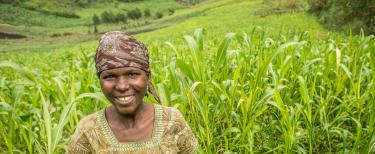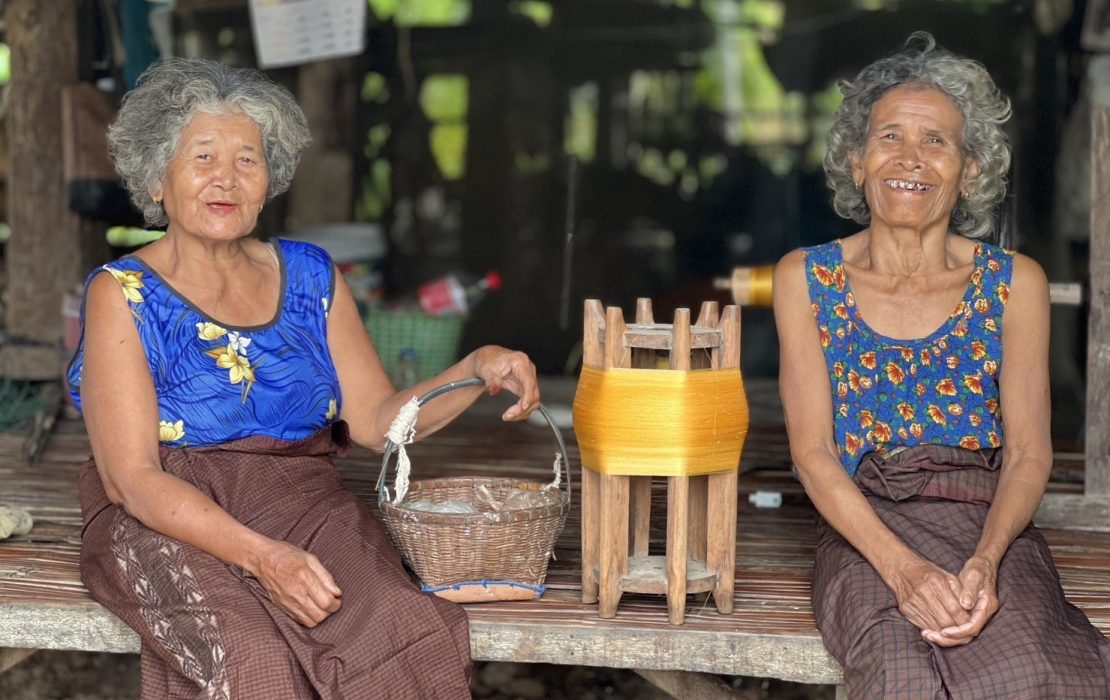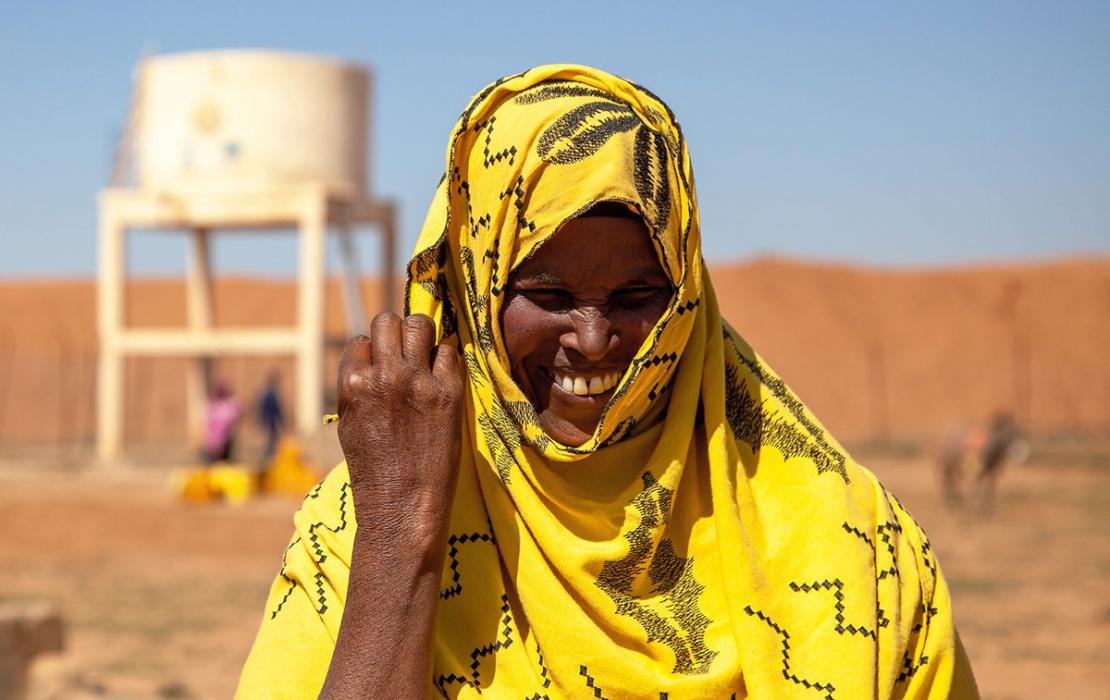1.45%
Share of global GHG emissions
Based on data from Climate Watch (CAIT 2020), developed and maintained by the World Resources Institute. #169
Climate Vulnerability Index ranking
A higher number means a higher vulnerability to climate change. Based on the ND-GAIN Index (2021), developed by the University of Notre Dame. #179
Human Development Index ranking
A lower number means a better human development score. Based on the Human Development Index (2021), developed by UNDP. NDC Status
The Democratic Republic of Congo submitted its revised NDC in December 2021.
Key highlights from the NDC
- In its updated NDC, the Democratic Republic of Congo commits to an emissions reduction target of 21% in 2030, 19% of which is conditional on support.
- The mitigation measures implemented by the country mainly focus on the forestry, energy (including transport), agriculture and waste sectors.
- In terms of adaptation, the Democratic Republic of Congo has advanced its National Adaptation Plan process by identifying 9 priority objectives and 52 priority adaptation actions.
Adaptation and resilience areas in the NDC
- Forest
- Agriculture
- Coastal areas
- Water
- Health
- Energy
Latest Publications
See allA compendium of case studies on addressing climate, peace and security.




